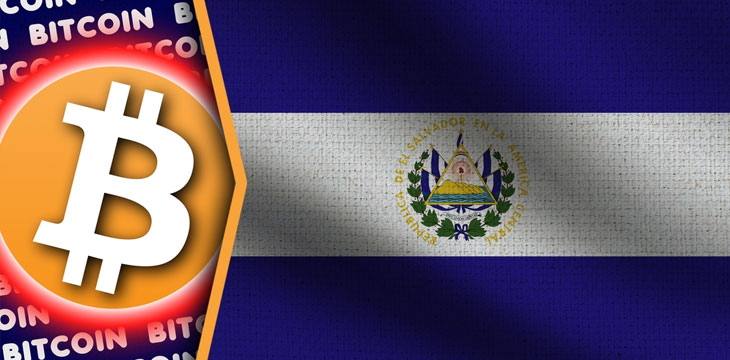|
Getting your Trinity Audio player ready...
|
Two months ago, El Salvador’s president announced that the country would be making BTC legal tender. Now, the South American country has published draft regulations to support the use of BTC in the country, specifically targeting the offering of the digital currency by commercial banks.
Banco Central de Reserva (BCR), the central bank of El Salvador published two draft documents pertaining to the offering of BTC products in the country.
The two make it clear that any financial institution that intends to venture into the sector must be regulated to the hilt. In part, it states that the central bank must have “access in real time to all information related to the operations carried out, as well as information requested by clients.”
In the first, which it titled “Guidelines for the Authorization of Operation of the Digital Wallet Platform for Bitcoin and Dollars” (loosely translated from Spanish), it defines BTC “as legal tender according to the Bitcoin Law that uses blockchain technology.”
For commercial banks that wish to offer BTC products, such as digital wallets, they must apply to the central bank for authorization. In the application, they must detail the products they intend to offer, the market segment they target with the product, charges that the customers will incur, their risk assessment and plan and efforts they have/or intend to make in regards to educating their customers about the product.
The second document is titled “Technical Standards to Facilitate the Application of the Bitcoin Law,” and is longer and much more detailed.
As David Gerard, the author of ‘Attack of the 50 Foot Blockchain’ details, the Salvadorian central bank is keen on know-your-customer procedures in the offering of BTC products. The law calls for a “mechanism to guarantee the linking of a digital registration to a single natural or legal person, as long as they do not have a current registration with the same provider.”
The cental bank is also keen to ensure that Salvadorians will be able to easily switch between BTC and the fiat currency. In addition, all BTC that a bank holds must be fully backed by dollars which shall be held by the central bank.
The two laws will go a long way in giving banks and the public clarity over the use of BTC for payments. However, the adoption of BTC as legal tender faces other challenges aside from lack of regulatory clarity. One of them is resistance by a sizeable portion of the Salvadorian public. Already, protests have been held to fight against the ‘Bitcoin Law’ and some lawmakers have gone to court to fight against it. International organizations have also ceaselessly issued warnings against the use of BTC as legal tender El Salvador.
Watch: CoinGeek Zurich panel, Blockchain Law & Policy

 02-18-2026
02-18-2026 




